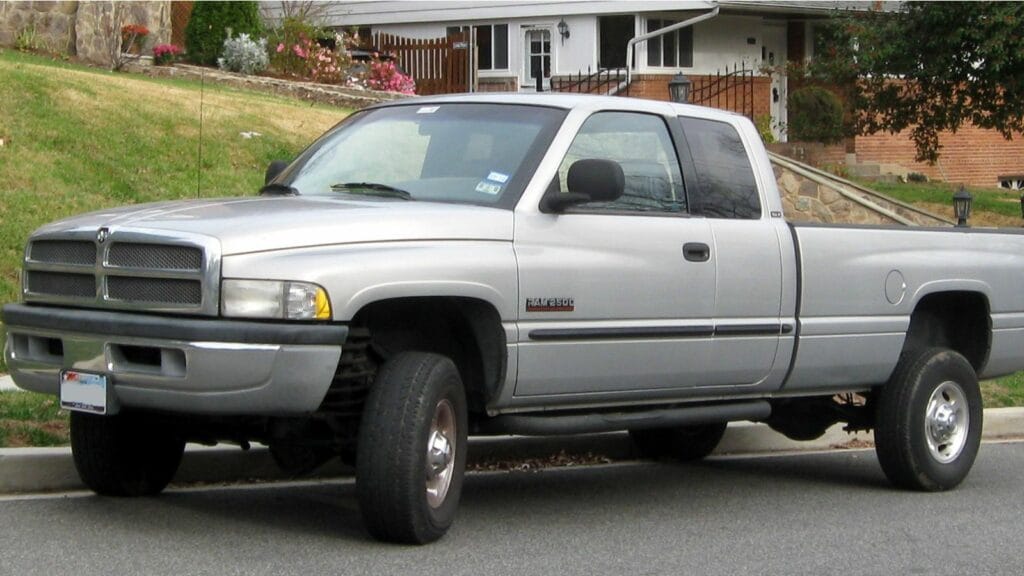Diesel pickups have long been admired for their ability to haul massive loads, endure punishing mileage, and keep going for decades. They have a reputation for being the unstoppable workhorses of the automotive world. But not every diesel engine deserves a medal — some deserve a spot in the hall of shame. Whether due to poor design, rushed engineering, or parts that seem allergic to reliability, these are the five diesel truck engines that owners remember for all the wrong reasons.
Ford 6.0L Power Stroke (2003–2007)
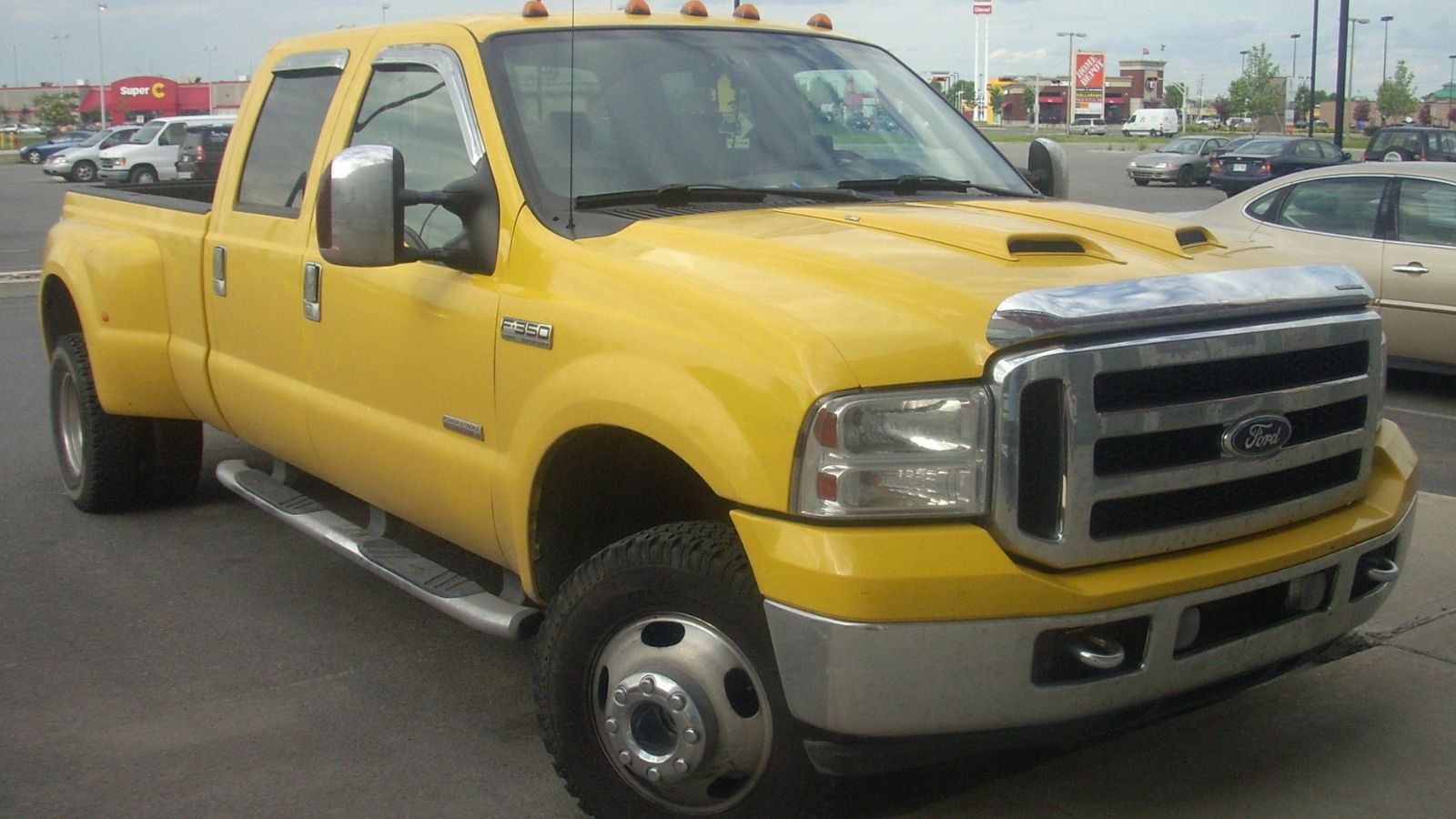
When Ford introduced the 6.0L Power Stroke, it promised more horsepower, cleaner emissions, and a faster throttle response compared to the legendary 7.3L it replaced. What buyers got was an engine that kept mechanics busy and owners frustrated. The EGR cooler was a constant headache, head gaskets gave up under pressure, and the high-pressure oil system had a talent for quitting at the worst times. Even basic jobs like changing a turbo or replacing head gaskets required lifting the entire cab off the frame, turning a repair bill into a small mortgage. Yes, “bulletproofing” kits can make them reliable, but out of the box, this engine was a gamble.
GM 5.7L Oldsmobile Diesel V8 (1978–1985)
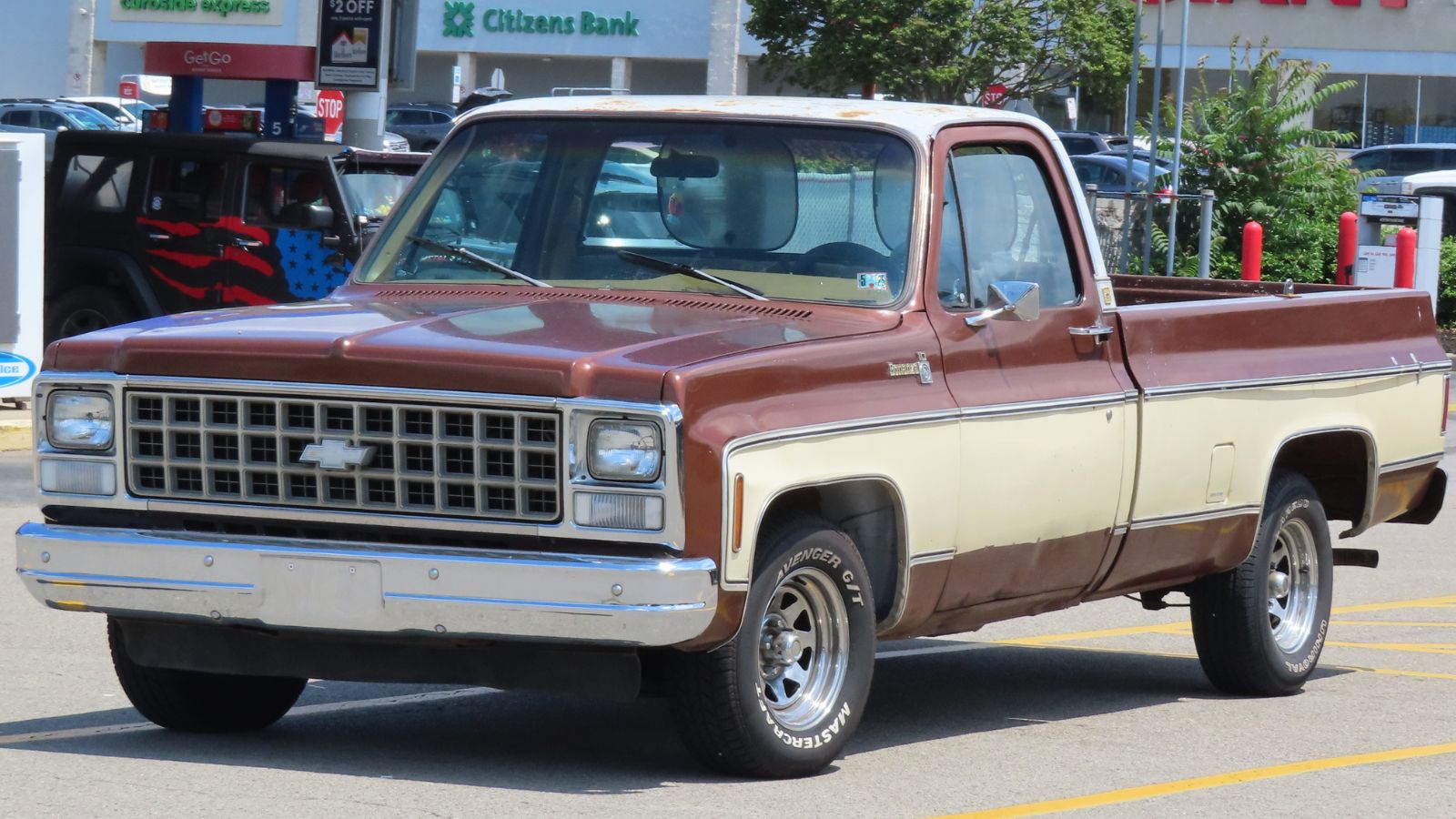
This was GM’s answer to the fuel crisis of the late 1970s, and it remains one of the most infamous diesel failures in history. Instead of designing a diesel from the ground up, GM modified its 350 cubic inch gas engine to run on diesel fuel — and it went about as well as you’d expect. Weak head bolts, thin cylinder walls, and an injection system prone to failure made these engines time bombs. Trucks equipped with this V8 often left their owners stranded and soured many Americans on diesel pickups for years. Today, surviving examples are more likely to be museum curiosities than working vehicles.
Ford 6.4L Power Stroke (2008–2010)
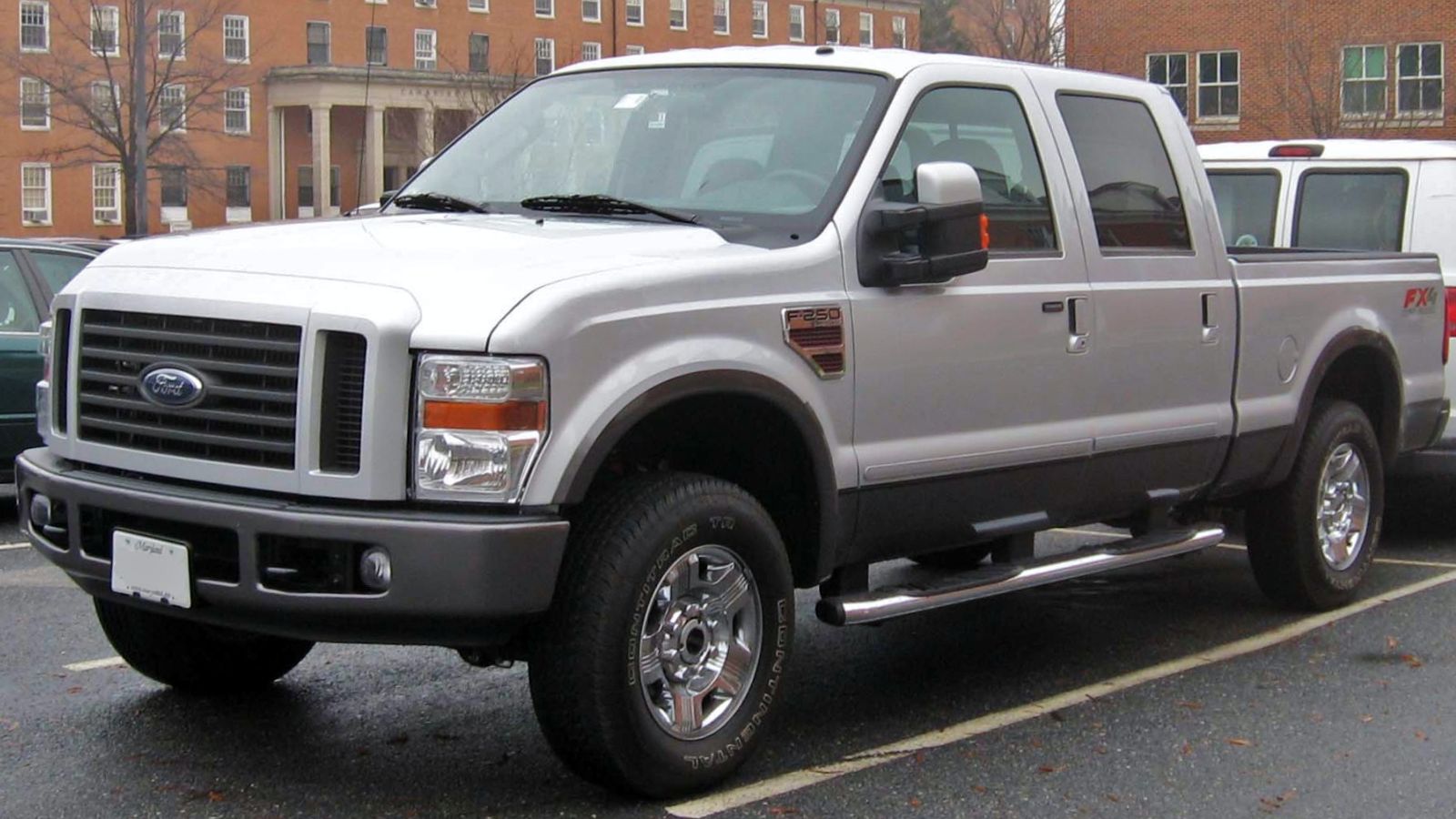
If the 6.0L was bad, the 6.4L Power Stroke proved that lightning can strike twice. On paper, it was a brute — twin turbochargers, modern emissions controls, and 350 horsepower. In practice, it suffered from cracked pistons, fuel mixing with the oil, and emissions systems that failed early and often. Turbo failures were expensive, and fuel economy was barely better than a gas V8. Many owners who towed heavy loads learned the hard way that this engine loved trips to the service bay just as much as it loved diesel fuel. While a tuned and deleted 6.4L could be a beast, factory stock examples aged poorly.
Dodge Ram Cummins 5.9L ISB 24-Valve (1998.5–2002) with VP44 Injection Pump
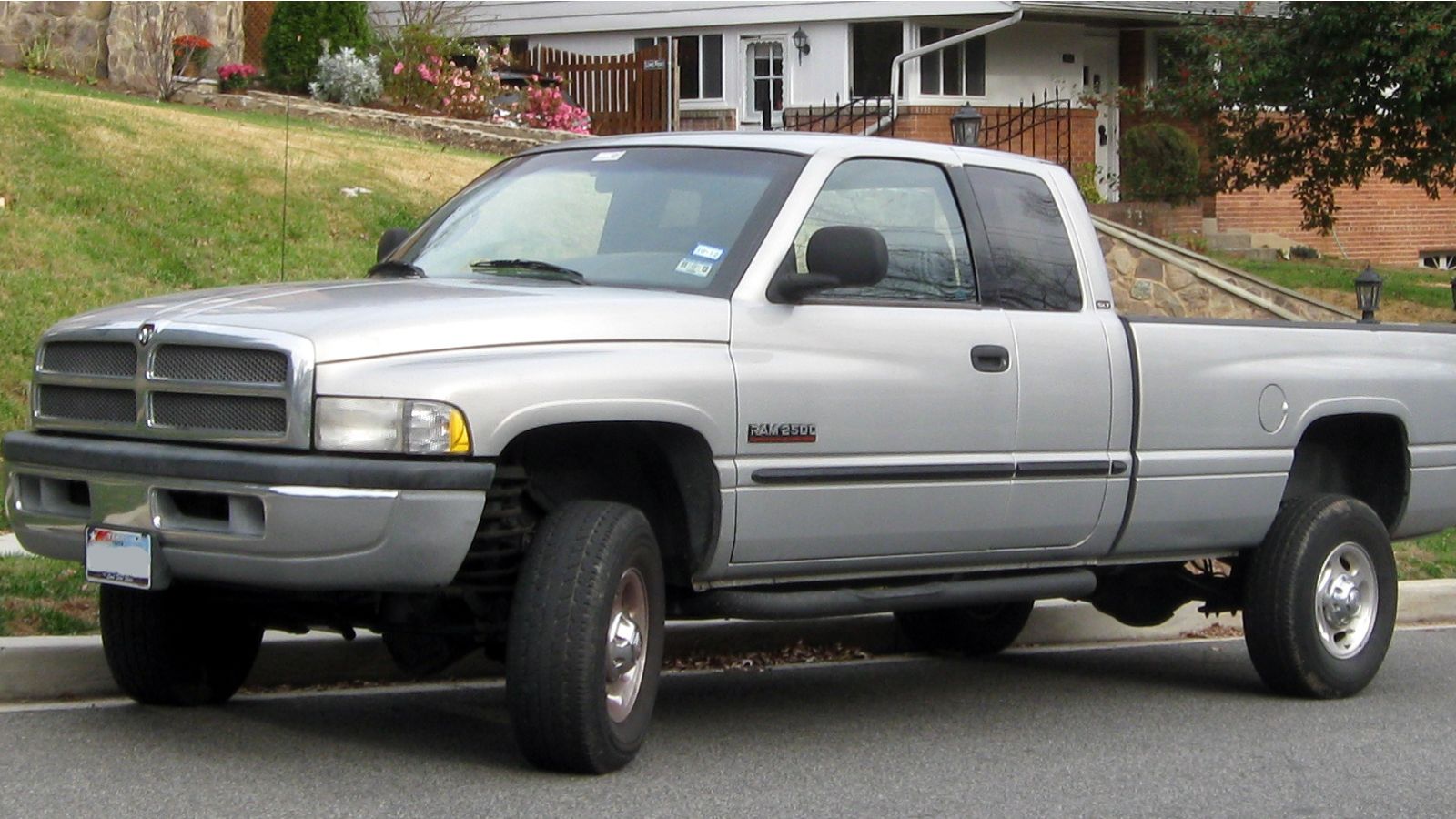
The Cummins name is synonymous with bulletproof reliability, but the VP44-equipped 24-valve models are the black sheep of the family. The injection pump was notoriously fragile, especially when starved of fuel pressure from a weak lift pump — a common occurrence. Owners who didn’t install a fuel pressure gauge often had no warning until the pump died, leaving them with a repair bill that could top $2,000. The rest of the 5.9L was stout and capable of racking up huge mileage, but this single point of failure gave the whole package a bad name.
Nissan Titan XD 5.0L Cummins V8 (2016–2019)
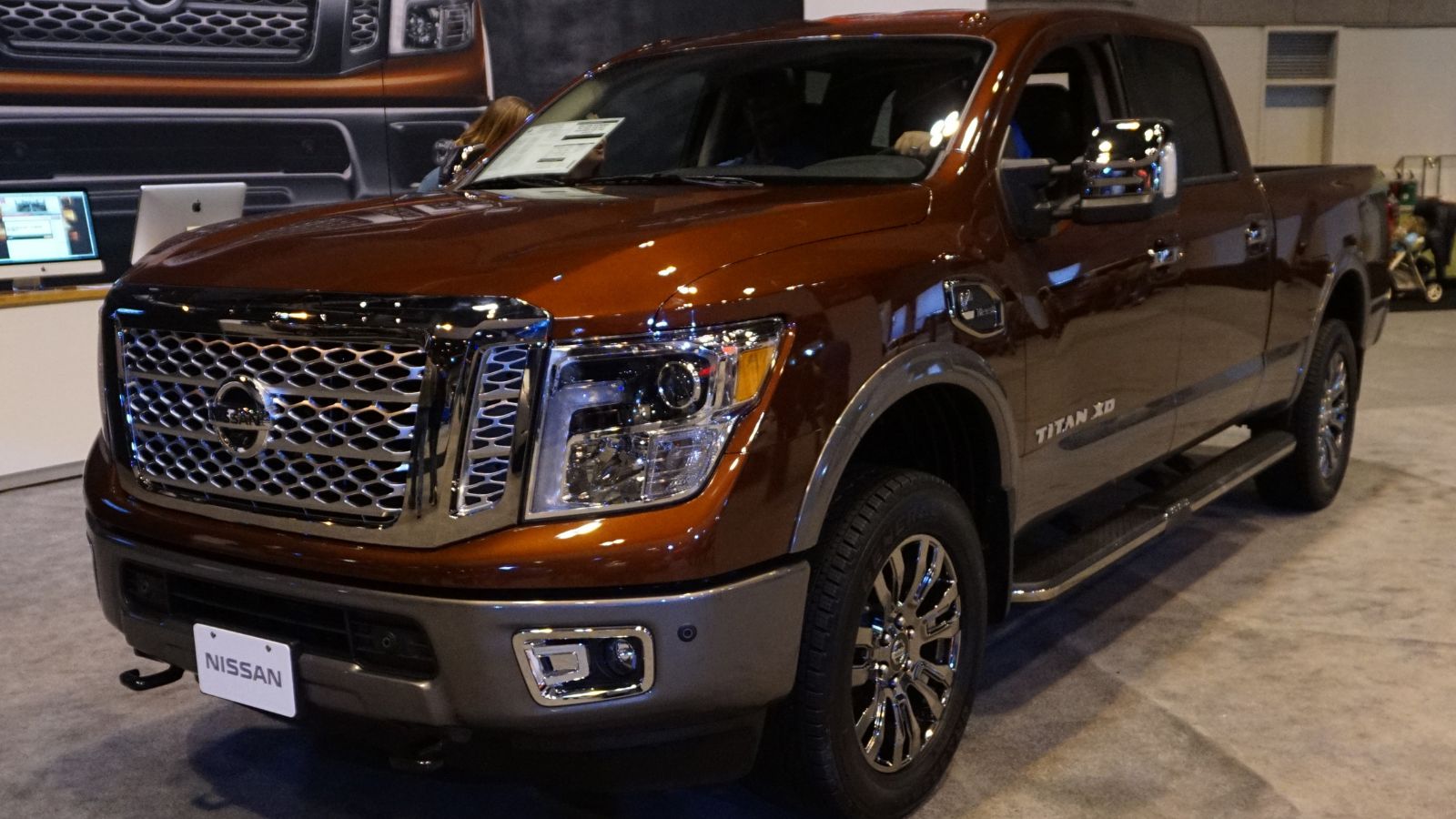
When Nissan announced that the Titan XD would come with a Cummins V8, truck enthusiasts were intrigued. Unfortunately, the reality didn’t live up to the hype. The 5.0L Cummins suffered from emissions system troubles, turbo issues, and a lack of dealer expertise in servicing the diesel. Performance was underwhelming for a truck marketed as a heavy-duty half-ton, and fuel economy fell short of expectations. Buyers looking for big torque and bulletproof reliability were disappointed, and the model quietly exited production after just a few years.
25 Facts About Car Loans That Most Drivers Don’t Realize

Car loans are one of the most common ways people fund car purchases. Like any other kind of loan, car loans can have certain features that can be regarded as an advantage or a disadvantage to the borrower. Understanding all essential facts about car loans and how they work to ensure that you get the best deal for your financial situation is essential. Here are 25 shocking facts about car loans that most drivers don’t realize:
25 Facts About Car Loans That Most Drivers Don’t Realize
